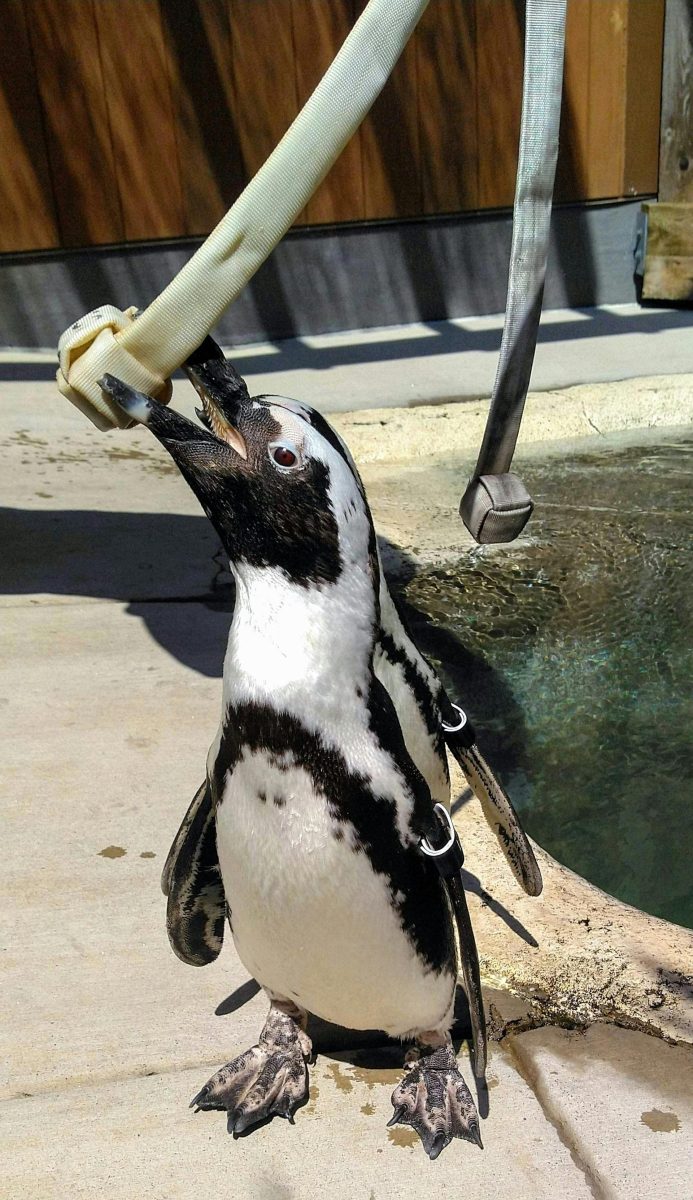Mental health challenges aren’t exclusive to humans—animals can experience them too. From cognitive decline and anxiety to trauma-induced behaviors, science is shedding light on how genetics, environment, and life experiences influence animal mental health. Understanding this helps improve how we care for them in homes, shelters, zoos, and the wild.
Max’s Story: Cognitive Dysfunction in Aging Pets
Max, a cheerful Labrador retriever, was once the star of his owner’s office—greeting everyone with enthusiasm. But by age 16, things began to change. He had accidents indoors, struggled to sleep, and no longer responded to familiar commands. He also became more irritable, showing signs of confusion and distress.
Max was experiencing Canine Cognitive Dysfunction Syndrome (CDS), a condition affecting aging dogs and cats. CDS is similar to Alzheimer’s disease in humans, leading to memory loss, disorientation, and behavioral shifts. Though progressive, CDS symptoms can be managed with medication, environmental changes, and mental stimulation. Cases like Max’s are a clear reminder of the importance of recognizing and addressing animal mental health issues early.
Research on Animal Learning and Mental Health
As scientists study learning and behavior in animals—from bees to pigeons to crawfish—they’re discovering how brain function, stress, and environment impact animal mental health. Some animals are born with neurological or developmental differences that affect how they think and learn, while others develop mental health issues due to trauma or long-term stress.
Genetic Disorders and Mental Disabilities in Animals
While animals don’t get Down syndrome exactly like humans, some closely related species—like chimpanzees—can develop similar chromosomal conditions. Kanako, a chimpanzee born with an extra chromosome, had health challenges but was able to live a long life with care. Her story shows that with support, animals facing genetic disorders can still thrive, reinforcing the role of medical and behavioral support in animal mental health.
PTSD and Trauma in Working and Wild Animals
Just as people can develop PTSD after traumatic events, animals—especially military and police dogs—can develop canine PTSD. This condition causes behaviors like extreme fearfulness, clinging to handlers, and avoidance of routine activities. Treatments often include medication, behavior modification, and stress reduction. These practices are essential parts of supporting animal mental health in both domestic and professional animal care settings.
Stress and the Need for Environmental Enrichment
Captive animals in zoos, farms, or labs may suffer if they’re unable to engage in natural behaviors. This often leads to boredom, anxiety, and even aggression. That’s why zookeepers and caretakers use environmental enrichment—toys, puzzles, and structures—to support animal mental health and prevent emotional decline in captivity.
Recognizing Mental Health Problems in Pets
It’s often easy to recognize when a pet is struggling. Signs include:
- Pacing or hiding
- Sudden aggression
- Weight loss
- Overgrooming or destructive behavior
Even pets in loving homes may suffer from separation anxiety or lack of stimulation. Regular play, interaction, and mental challenges like puzzle toys can help improve animal mental health and prevent further issues from developing.
A Compassionate Role for Humans
Supporting animal mental health is a growing field that combines scientific research with compassion. By understanding how animals think and feel, we can create healthier environments and better care systems—whether at home, in the lab, or in the wild.d compassion—can go a long way in supporting animal well-being.
Frequently Asked Questions –
Can animals have mental illnesses like humans?
Yes. Animals can experience anxiety, depression, PTSD, and cognitive decline. While their symptoms may look different, many conditions resemble those found in humans.
What is cognitive dysfunction syndrome in pets?
CDS is a condition in aging dogs and cats similar to Alzheimer’s disease. It causes confusion, memory loss, sleep disturbances, and behavior changes.
Do animals get Down syndrome?
Not exactly. Most animals have different chromosome structures. But similar genetic disorders have been observed in apes like chimpanzees and orangutans.
Can pets take medication for mental health?
Yes. Veterinarians can prescribe anti-anxiety or antidepressant medications, often in combination with behavioral therapy or environmental changes.
How can I tell if my pet is anxious or stressed?
Look for signs like hiding, pacing, aggression, frequent illness, or changes in appetite. A vet can help determine if stress or a medical issue is the cause.











Leave a Reply